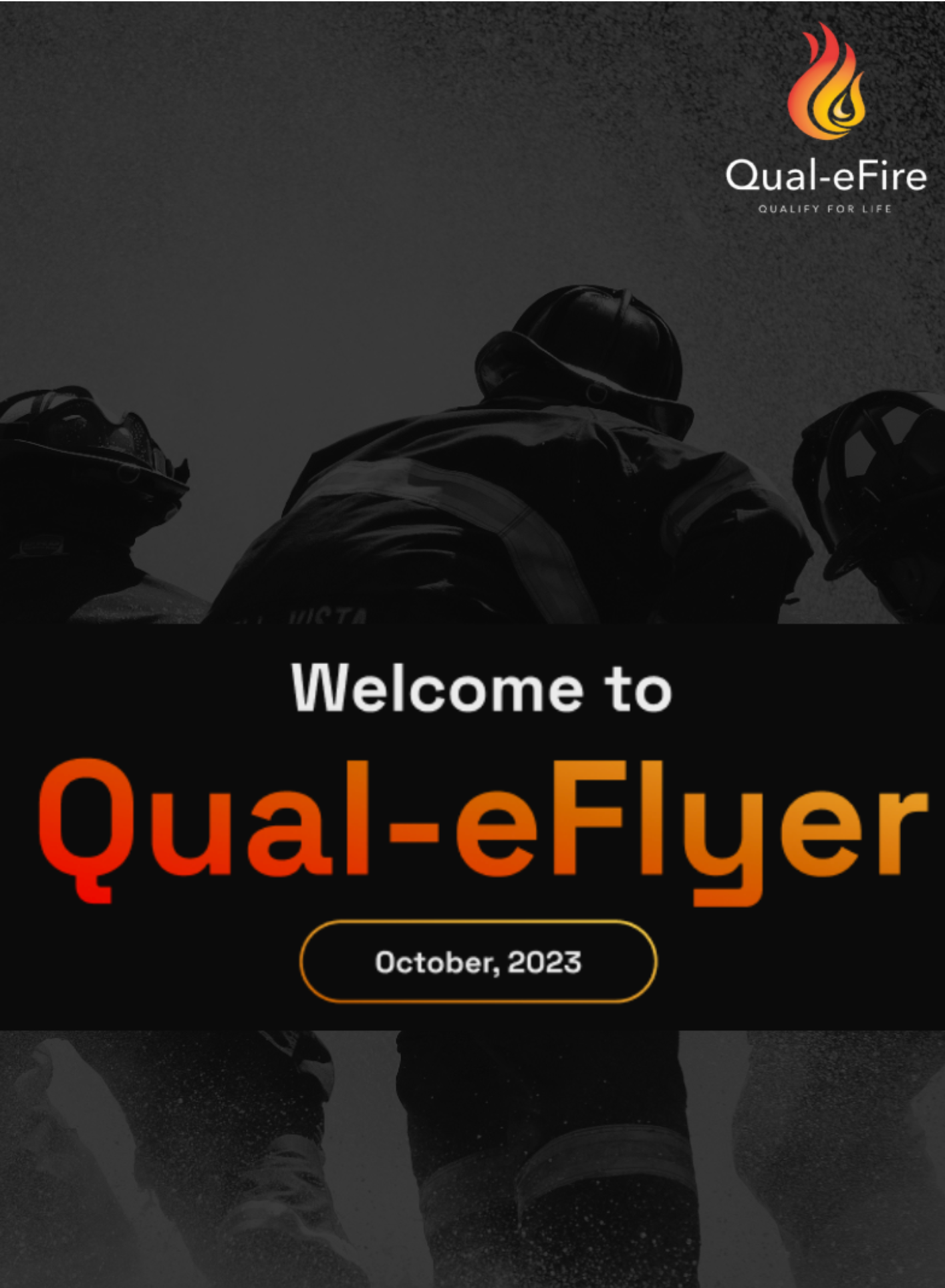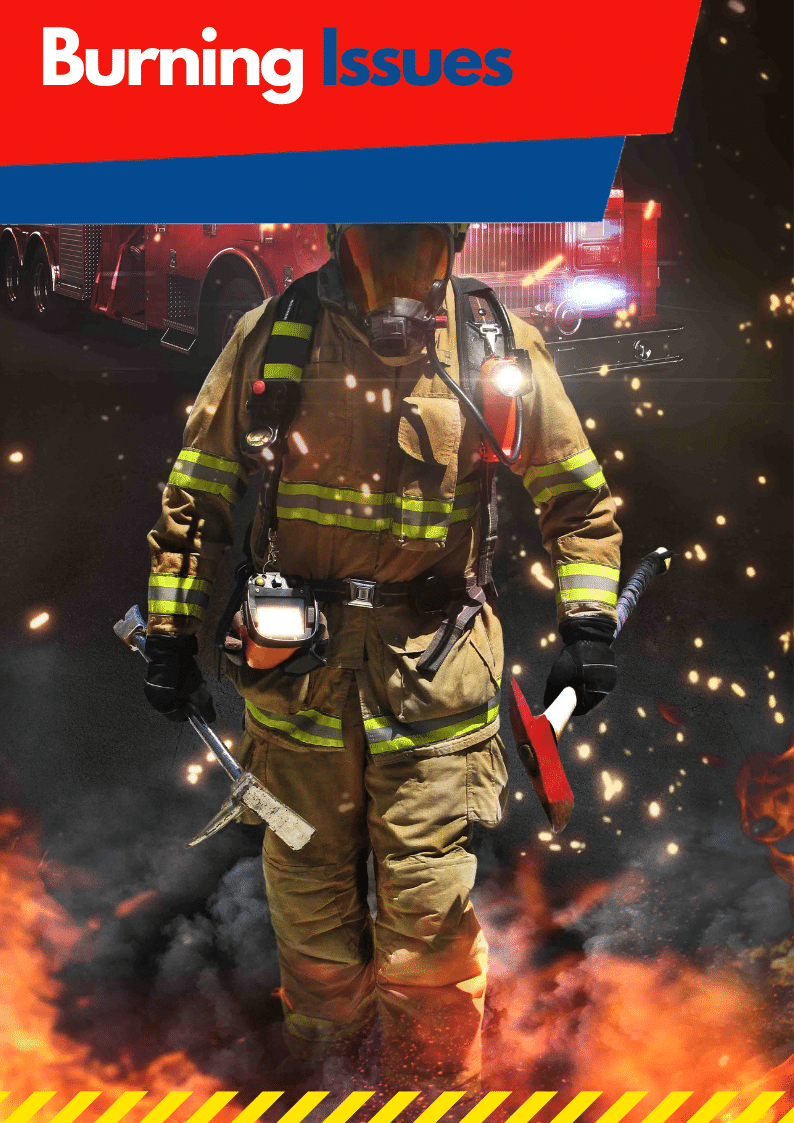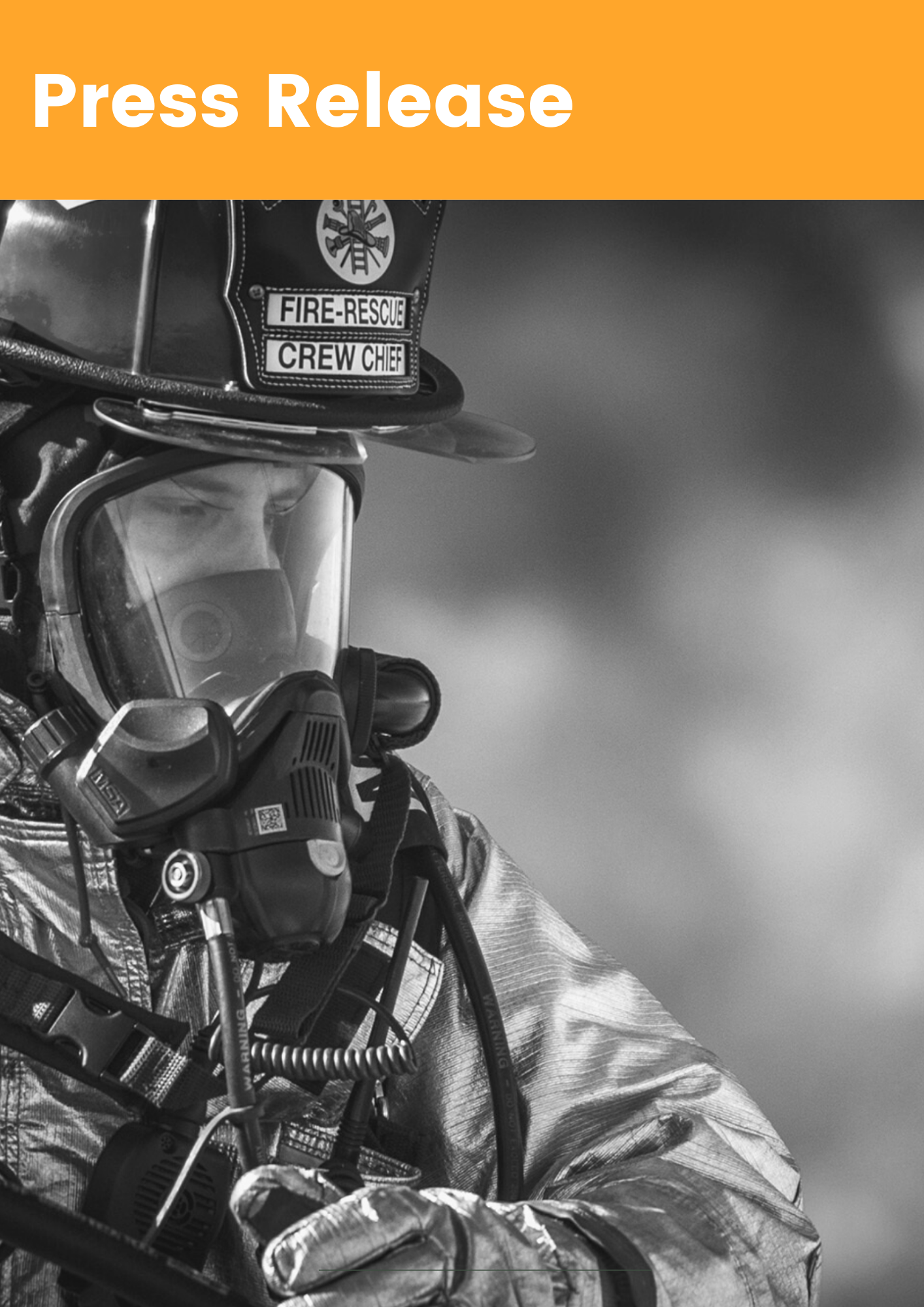eLearning
Training Content & Framework
Complete training and assessment framework mapped to ICAO and other recognised training Standards, plus engaging and immersive content authored by world-leading experts.
Training Needs Analysis
We'll work with you to identify training gaps to ensure your ARFF team are fully trained and ready.
LMS Platform
A modern, easy-to-use Competency Management System uniquely designed for ARFF training, incorporating Blended Online and Instructor-led learning modes.



.png)